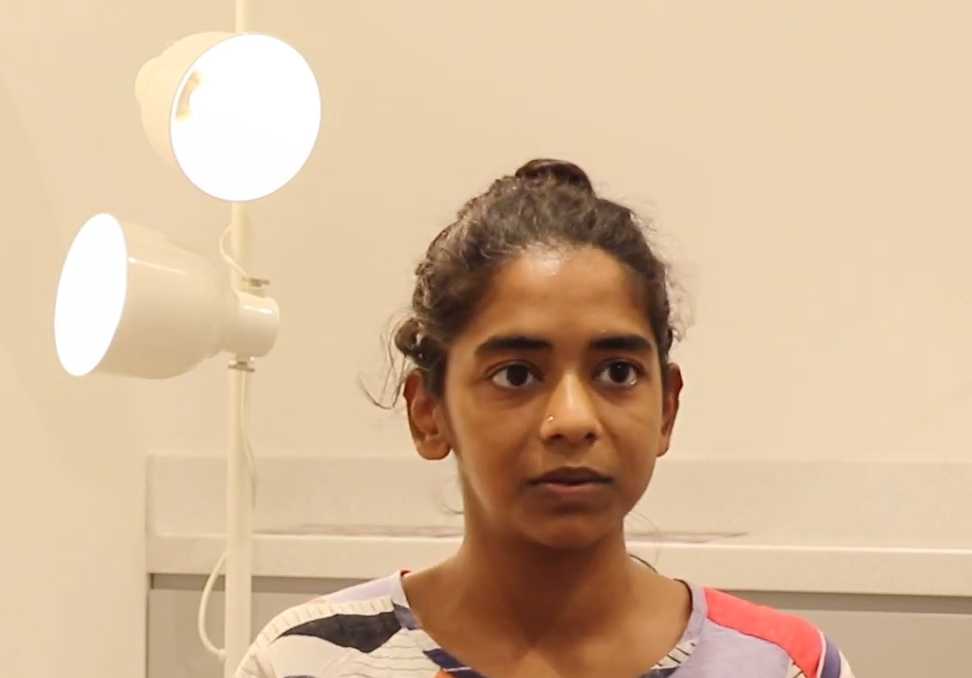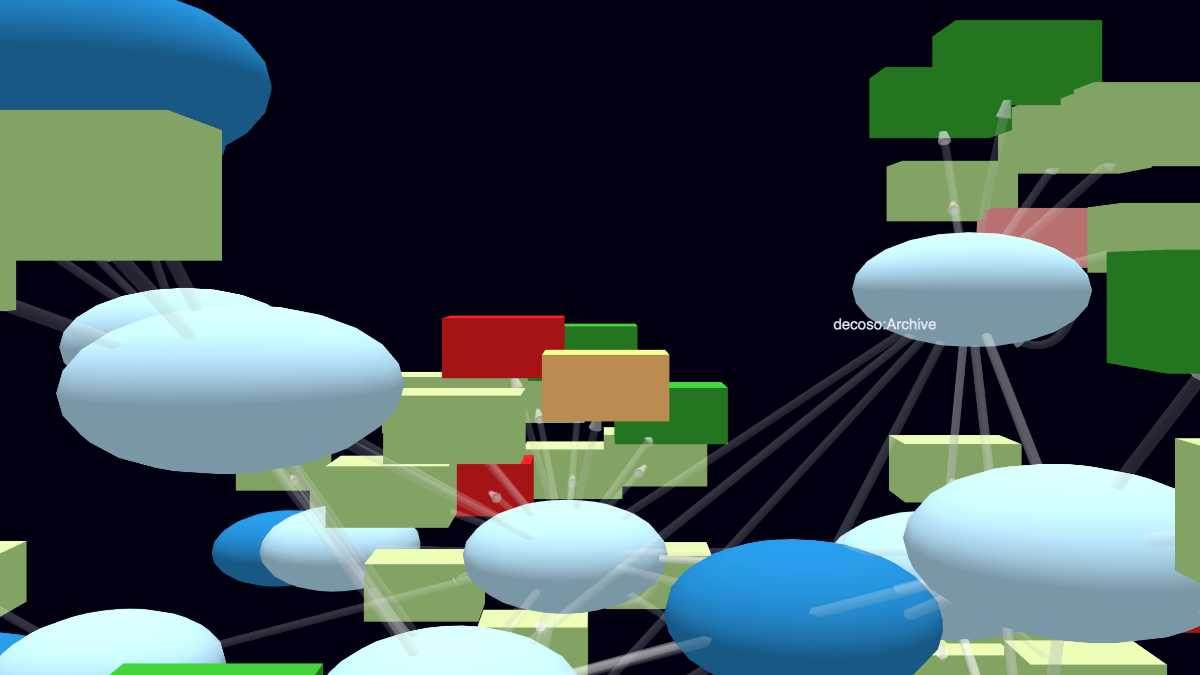|
The #1 Decoso Meeting: Decolonizing Socialism X Cybernetics will address in particular the intersection of decolonization and decoloniality in relation to calculus and mathematics.
#1 Decoso Meeting is the first session of a seminar-like series that seeks to discuss cybernetic practices and aesthetics for probing the epistemological condition and historical legacy of cybernetic thinking that underpin contemporary concerns about big tech and the rise of digital feudalism. For this session, we have invited the computer scientist, mathematician and educator C.K. Raju, the artist-researcher Aarti Sunder and the scholar at the intersections of Black Study, psychopathology and the critique of computation reason Ramon Amaro, as well as the artist Ghalas Charara to contribute to the unfolding of following questions:
How and in what way do we situate mathematics and algorithms in relation to socialism and socialist internationalism? In this context, it remains pertinent to understand socialism, both, as a political project of modernity and as a philosophy of worldmaking to fight imperialism, colonialism, and fascism.
Please, find below further details on #1 Decoso Meeting.
Venue: Online (via Zoom)
Register here -
https://zoom.us/meeting/register/tJ0rf-mqqTwuG9SDSQFpSccq-UKB8g9MmkE2
After registering, you will receive a confirmation email containing information about joining the meeting as well as a link to study material.
Warmly —
decoso
|
|
Agenda:
(Time indicated in Central European Time - CET )
13:00 introduction
13:20 proposition by C.K. Raju
13:50 short break
14:00 conversational responses by Aarti Sunder and Ramon Amaro
14:20 deepening with further questions from the participants and attendees
15:00 intervention by Ghalas Charara with students*
15:15 conclusion
15:30 end |
|
|
The artist-researcher Ghalas Charara will rehearse with students Balam Simon, Basile Collet, Garance Bonard, Lorelei Regamey, Matthias Paulus, Phoebe-Lin Elnan, Yasemin Imre, a transcription of the work session from an artistic perspective: how to transcribe, record, trace and make palpable, yet, remaining undercover the absence of language, sonic glitches, corrupted transmission, transcodings, human non-semantic enunciations, the ahh and ohhs and sighs and silences and cracks and failures that move below the faculties of communicative capitalism?
|
|
More About Decoso Meeting
The framework of the Decoso Meeting series is the transdisciplinary study Decolonizing Socialism Entangled Internationalism (decoso), funded by the Swiss National Science Foundation. The case-based studies spark academic and para-academic methodologies in order to mobilize specific historic practices in the field of the arts, architecture, technology and cybernetics from former socialist geographies of Eastern Europe always in entanglement with actors, agents and partners in Africa, Asia and/or Latin-America. Our specific focus is cybernetics in an expanded sense in the context of world-communist politics or socialist internationalism between 1949 and 1990 in the conflicting conditions of the Global Cold War: Not as a historic-archival find alone, but as a trajectory to problematize techno-politics such as “planetary computation” (Benjamin Bratton) or “planetary automation” (Luciana Parisi) within the present. Committed to studying micro-political engagements, we aim to move below the macro-political narrative that the Cold War's binarism imposed by means of unearthing the potentialities of art and technology towards a communist worldmaking that aimed to create societies across borders, yet, united by "anti-imperialist politics" (Angela Y. Davis) or "anticipatory politics" (Marion von Osten). We consider art-research’s experimental forms of research as highly necessary in such a transdisciplinary/transnational investigation towards decolonial times.
Each Decoso Meeting consists of workshop-like work meetings with invited international scholars and/or artists. The interlocutors offer a theoretical proposition (15-20min). Invited respondents as well as members of the decoso-research shall respond to the presented proposition by thinking through and extending the proposition while relating it to their personal project and perspective. This shall spark an exchange including also students and young researchers. Each session shall be protocolled, transcribed and archived for future research. The Decoso Meeting shall end with a collective review of the session. Key points of the proposition and discussion will be collected and fed into a conceptual map. The visual documentation will be helpful to create dotted lines between fields and concepts, show intersections and dichotomies, and create a point of orientation during and after the discussion. #1 Decoso Meeting Decolonizing Socialism X Cybernetics has been conceptualized by vinit agarwal, Doreen Mende and Lea Marie Nienhoff.
The academic research part of Decolonizing Socialism: Entangled Internationalism. An Intersectional Study of Cold War Projects from East Germany in Cinema and Cybernetics with Relevance for the 21st Century, http://p3.snf.ch/project-184864, is currently situated institutionally at l’IRAD of HEAD Genève and takes place in collaboration with the CCC RP Master and PhD Forum of Visual Arts Department at HEAD Genève, the Urban Studies Department of University of Basel; curatorial and art-led research articulations are funded through collaborations with art institution foundations or project spaces including Exit Frame, Kunstverein Leipzig, Van Abbe Museum Eindhoven and Haus der Kulturen der Welt Berlin. For further information, you may contact decoso.head@hesge.ch
|
|
|
|
|


